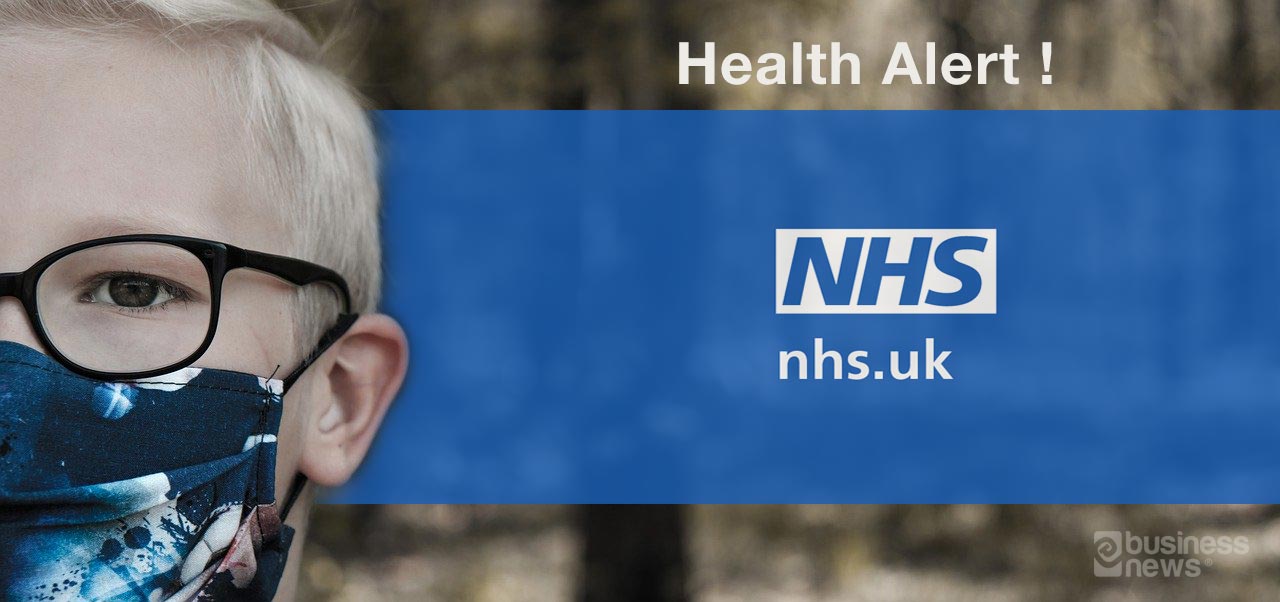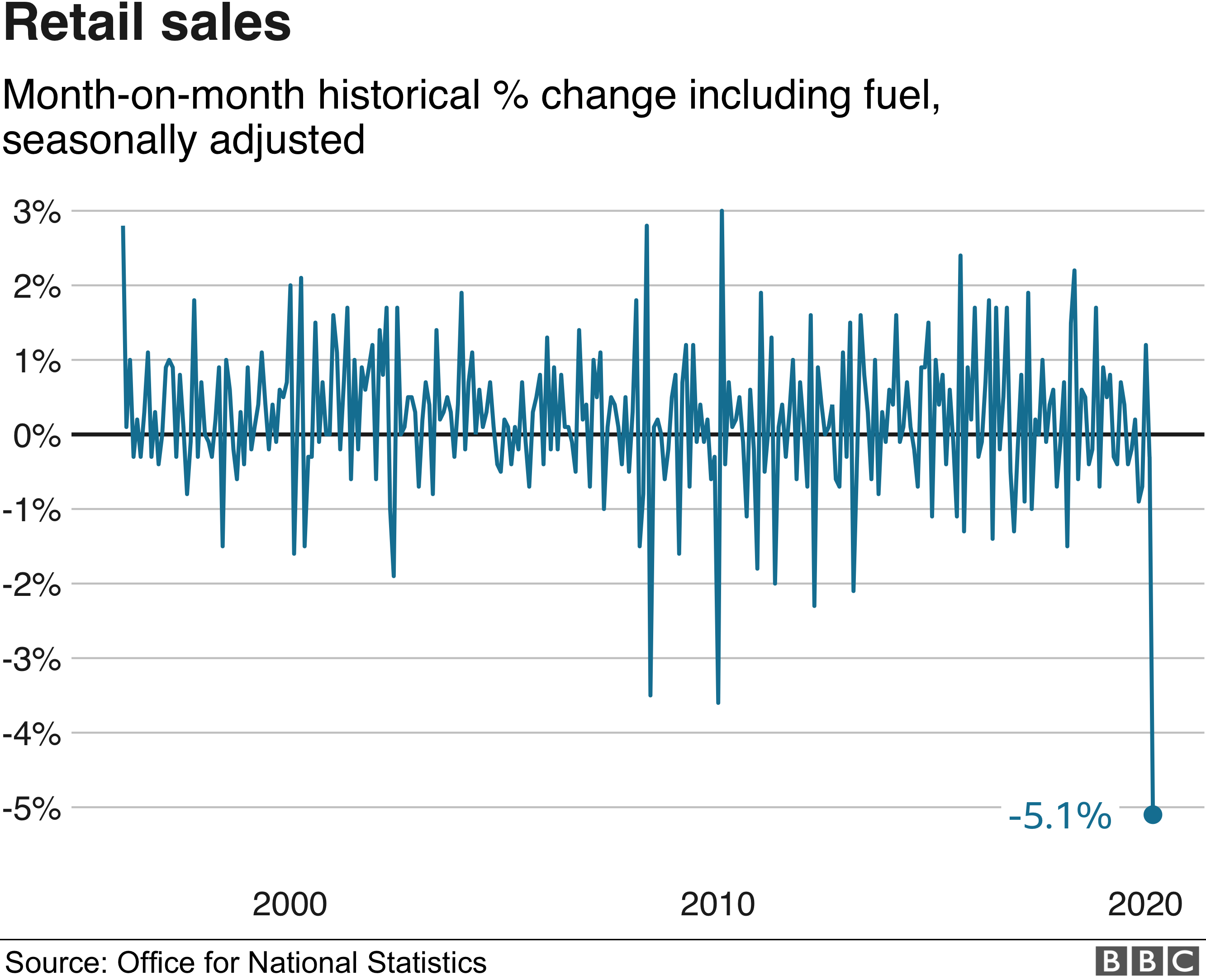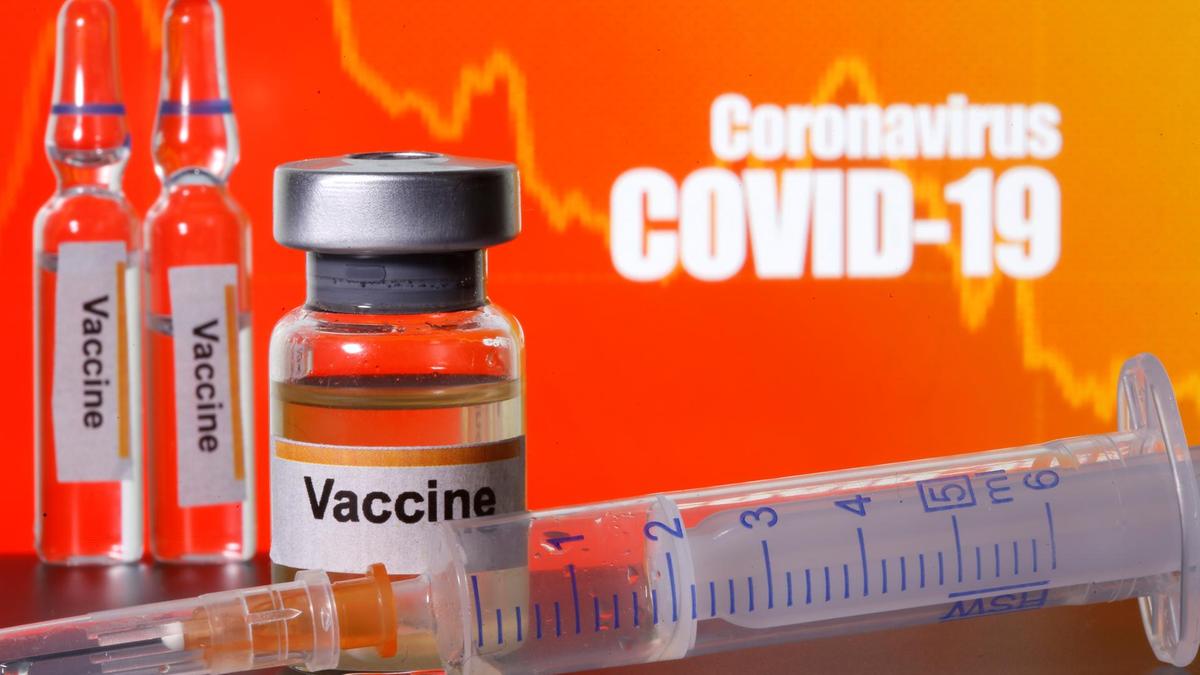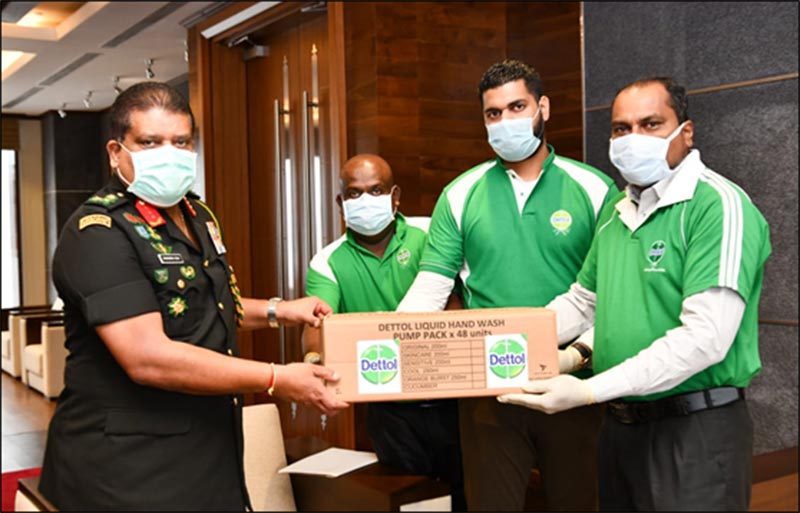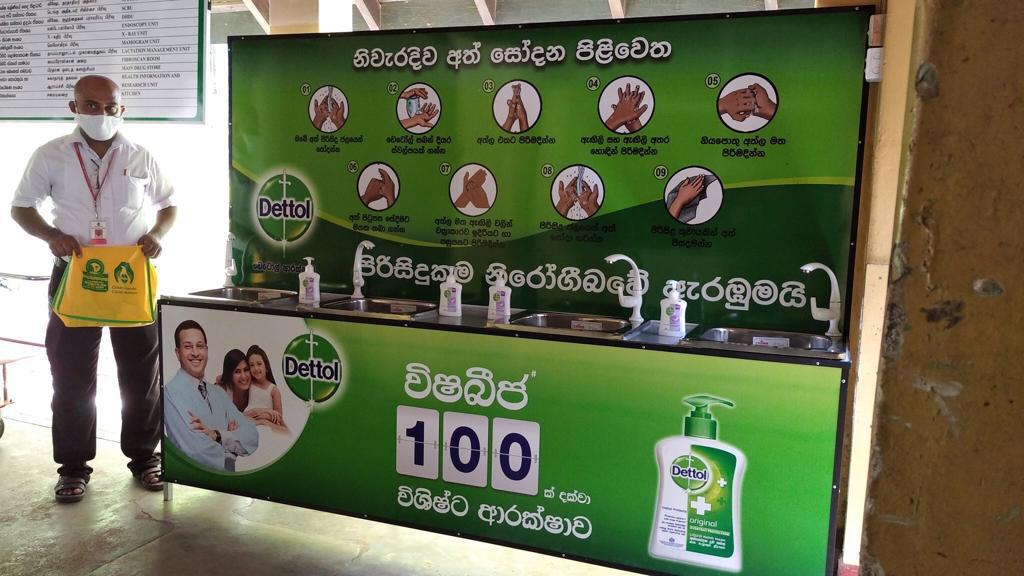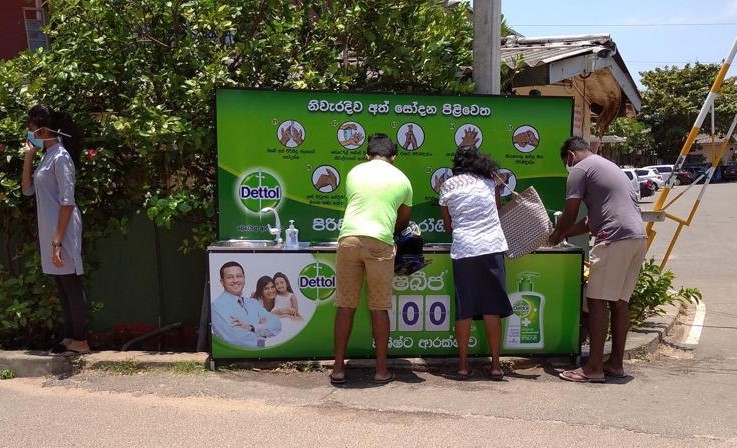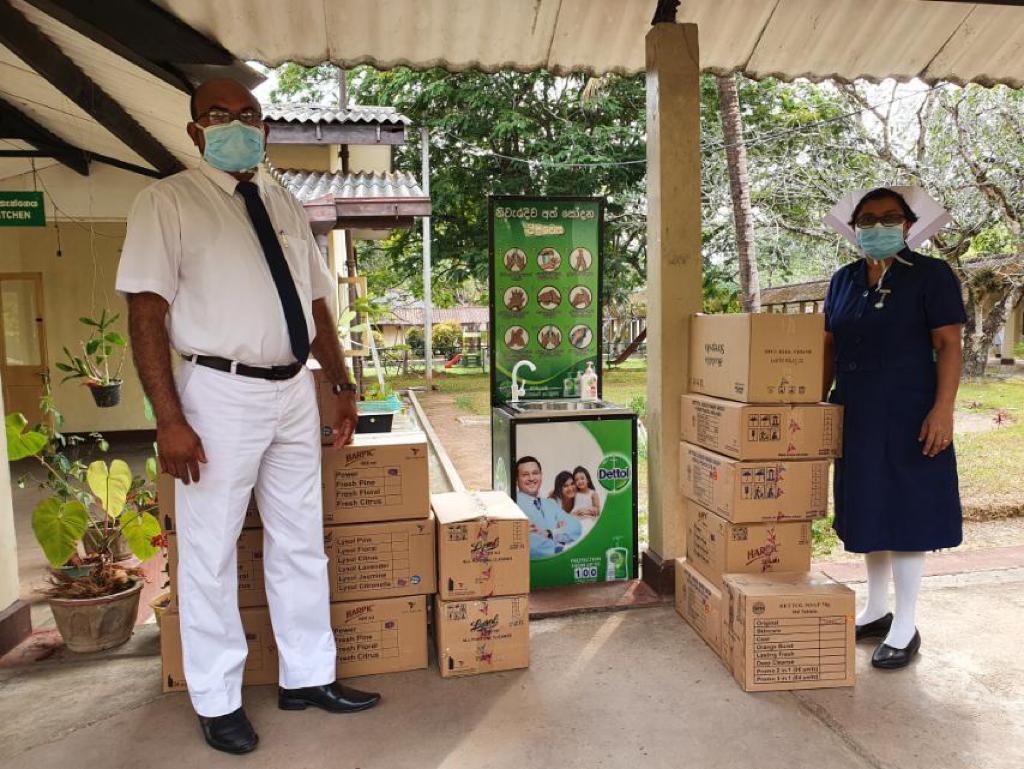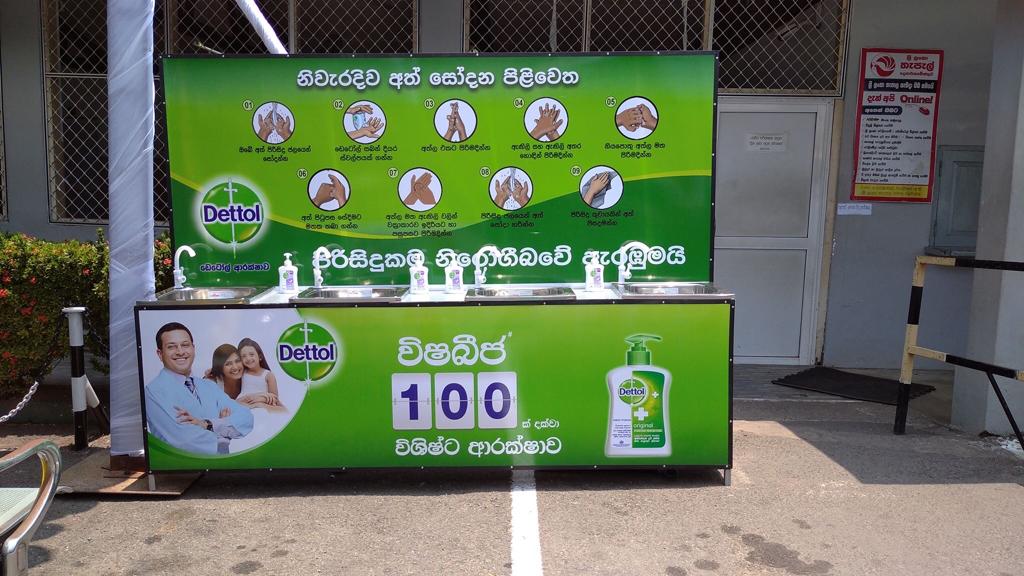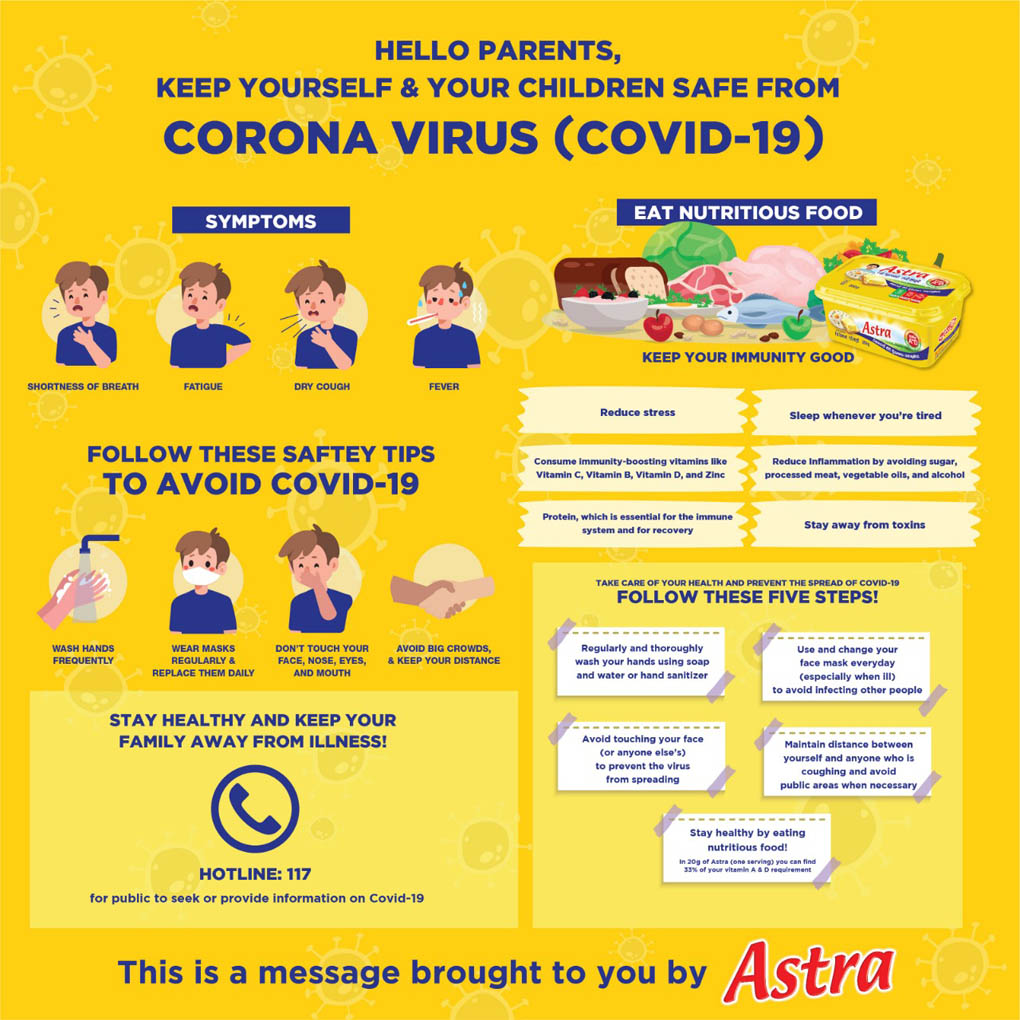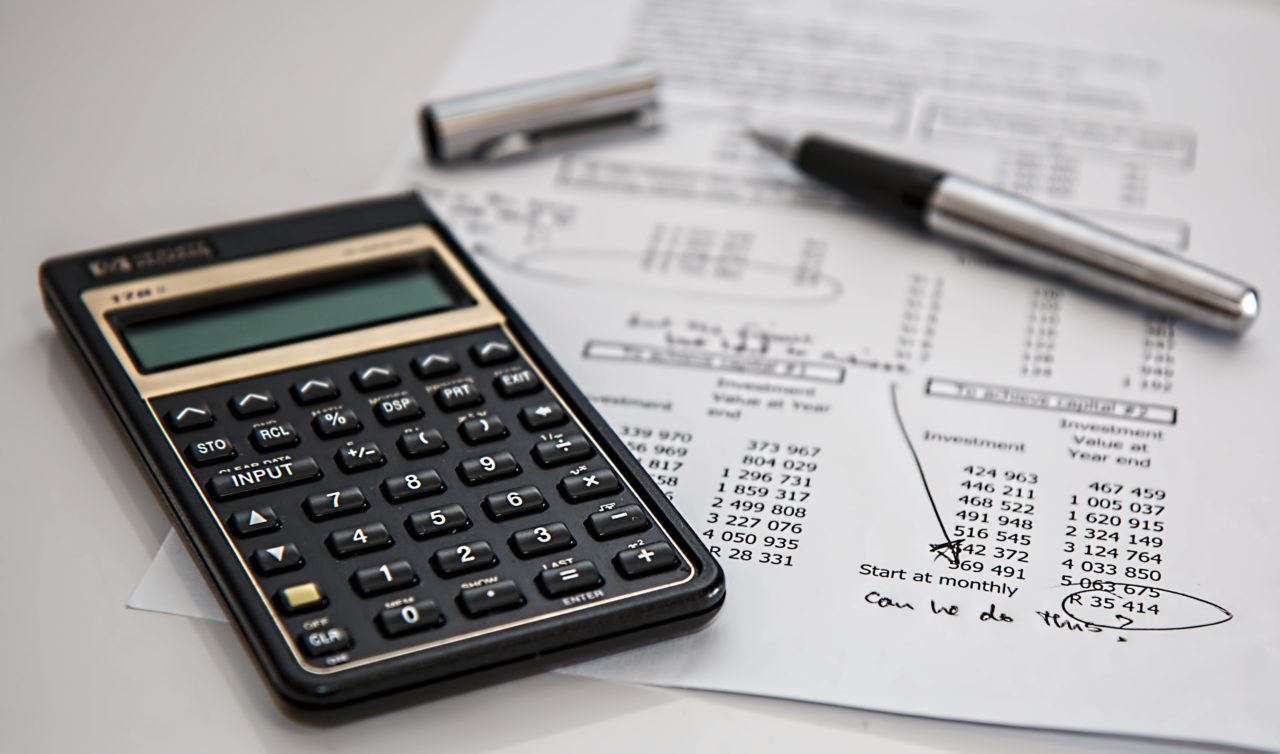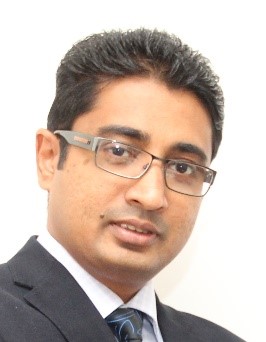NHS doctors have been issued an urgent alert about a sharp rise in the number of children being admitted to intensive care with a coronavirus-related condition, it was revealed today.
In an alert sent to GPs, health chiefs at an NHS board in London said: ‘There is growing concern that a [COVID-19] related inflammatory syndrome is emerging in children in the UK.
‘Over the last three weeks there has been an apparent rise in the number of children of all ages presenting with a multi-system inflammatory state requiring intensive care across London and also in other regions of the UK.’
Children are not thought to be badly affected by COVID-19 – very few youngsters have died around the world since the pandemic began in December.
Their apparent resilience to the disease has baffled doctors for weeks because they are often ‘super-spreaders’ of viral illnesses such as flu.
The children being seen with the new syndrome often suffer from stomach pain, cardiac inflammation and ‘gastrointestinal symptoms’ – which could include vomiting and diarrhoea.
Doctors have compared the mysterious condition to toxic shock syndrome and Kawasaki disease which, combined, cause harmful internal swelling, fever and breathing problems – all hallmark signs of COVID-19.
But some of the children presenting with the illness have tested negative for the coronavirus, further complicating the diagnosis.
Officials have yet to address the alert and offer any clarity, prompting rumours that it was fake – but another group of medics affiliated to the Royal College of Paediatrics and Child Health confirmed it was true.
It is not clear how many children have had the inflammatory syndrome, nor whether any have died with it. It is also unclear as to how old children are who are being struck down, or if there are any clusters of cases in the UK.
But it is thought to have only affected a small number of patients so far, the Health Service Journal reported.
The Paediatric Intensive Care Society (PICS) published the warning on its Twitter page last night and urged people to share it
*Urgent alert*
Rising no of cases presenting to #PedsICU with multi-system hyperinflammatory state, overlapping features of toxic shock syndrome & atypical Kawasaki disease, bloods consistent with severe #COVID19 – seen in both #SARSCoV2 PCR +ve AND -ve
Please share widely pic.twitter.com/Bj6YHLJ8zi
— PICSUK (@PICSociety) April 26, 2020
The memo, which was sent out by an NHS CCG in London – thought to be the North Central London CCG – and tweeted by the Paediatric Intensive Care Society, said: ‘The cases have in common overlapping features of toxic shock syndrome and atypical Kawasaki disease with blood parameters consistent with severe COVID-19 in children.’
The alert told GPs to refer children with symptoms including abdominal pain as a ‘matter of urgency’.
The NHS still only lists a temperature and a new cough as the main symptoms of COVID-19, despite the World Health Organization saying it can cause diarrhoea and aches and pains and US officials saying it can cause patients to lose their sense of taste and smell.
If the condition turns out to be more widespread it could add a new element of danger to the coronavirus outbreak, which so far appears to be sparing children.
Only nine people under the age of 19 have died in England in hospital after testing positive for COVID-19, out of a total of 18,420 reported by yesterday, April 26 – 0.05 per cent.
The reasons for this are unclear but scientists have suggested that lower rates of other serious illnesses and a lack of age-related lung damage may be protective.
According to the NHS memo, cases of this inflammatory syndrome have only started to appear in the past three weeks – this may be because it is slow to develop or so rare that it has only become noticeable in the peak of the UK’s epidemic.
A paediatrician at St Mary’s Hospital in the capital, Dr Elizabeth Whittaker, said on Twitter that medics in other countries had reported the same illness.
Dr Whittaker said: ‘Our Italian and Spanish colleagues also report it.
‘Numbers are small but significant. We want primary care/A&E to be vigilant so those affected are in the right place to get appropriate supportive care if needed.’
But Dr Michael Griksaitis, a paediatric at the University Hospitals Southampton NHS Foundation Trust, said: ‘If it’s COVID-19 or not is to be seen.’
But he added: ‘It is a phenomena paediatric intensive care units [are] seeing across [the] UK at the moment, and I also hear from other international centres.’
Another paediatric – Dr Damian Roland – admitted that he had ‘no idea’ what ‘blood parameters consistent with severe COVID-19’ meant.
Dr Roland, chair of the Paediatric Emergency Research in the UK and Ireland, said it implied all children with abdominal pain are at risk.
He tweeted: ‘This is not based on any evidence and I hope they amend [the] alert as soon as possible.’
Dr Colin Dunkley, a paediatrician at the Sherwood Forest Hospitals NHS Foundation Trust, replied to the PICS tweet: ‘Anything more specific you can say?’
He asked for officials to clarify the specific symptoms children had, as well as if they had any kind of rash or fever – two signs of Kawasaki disease.
Kawasaki disease is a condition that causes inflammation in the walls of the blood vessels and affects mostly children under five years old.
The inflammation can weaken or damage the coronary arteries, which supply the heart with blood. This can lead to aneurysms, heart attacks or heart failure.
Symptoms include a fever, a rash, swollen hands and feet, redness in the whites of the eyes and swollen lymph glands in the throat.
Twitter users asked for health chiefs to be more precise about the new inflammatory condition, questioning exactly how common it is among children.
Others parents were concerned about the symptoms of their children, including one mother who asked if she should be worried about her five-year-old’s stomach pain.
NHS England did not reveal if any children had died of the inflammatory condition, nor did it say if it had been seen since the start of Britain’s outbreak.
Professor Simon Kenny, NHS national clinical director for children and young people, said: ‘Thankfully Kawasaki-like diseases are very rare, as currently are serious complications in children related to COVID-19.
‘But it is important that clinicians are made aware of any potential emerging links so that they are able to give children and young people the right care fast.
‘The advice to parents remains the same: if you are worried about your child for whatever reason, contact NHS 111 or your family doctor for urgent advice, or 999 in an emergency, and if a professional tells you to go to hospital, please go to hospital.’
Professor Russell Viner, president of the Royal College of Paediatrics and Child Health, said: ‘We already know that a very small number of children can become severely ill with COVID-19 but this is very rare.
‘Evidence from throughout the world shows us that children appear to be the part of the population least affected by this infection.
‘New diseases may present in ways that surprise us, and clinicians need to be made aware of any emerging evidence of particular symptoms or of underlying conditions which could make a patient more vulnerable to the virus.’
NHS England did not comment on how common the condition was – but one expert said there had only been a ‘handful’ of cases.
Professor Adilia Warris, paediatric infectious diseases specialist at the University of Exeter, said it could be caused by COVID-19 or another unknown pathogen.
She said a ‘multi-system inflammatory state’ was the production of cytokines, known as a cytokine storm – the overreaction of the body’s immune system.
In a storm, the proteins start to attack healthy tissue, which can cause blood vessels to leak and lead to low blood pressure.
Reporters have approached North Central London CCG, the Paediatric Intensive Care Society and the British Paediatric Allergy Immunity and Infection Group for comment.
None of the organisations posted anything on their websites, leading other medical professionals to question the legitimacy of the alert.
By Stephen Mathews – Health Editor – MailOnline



